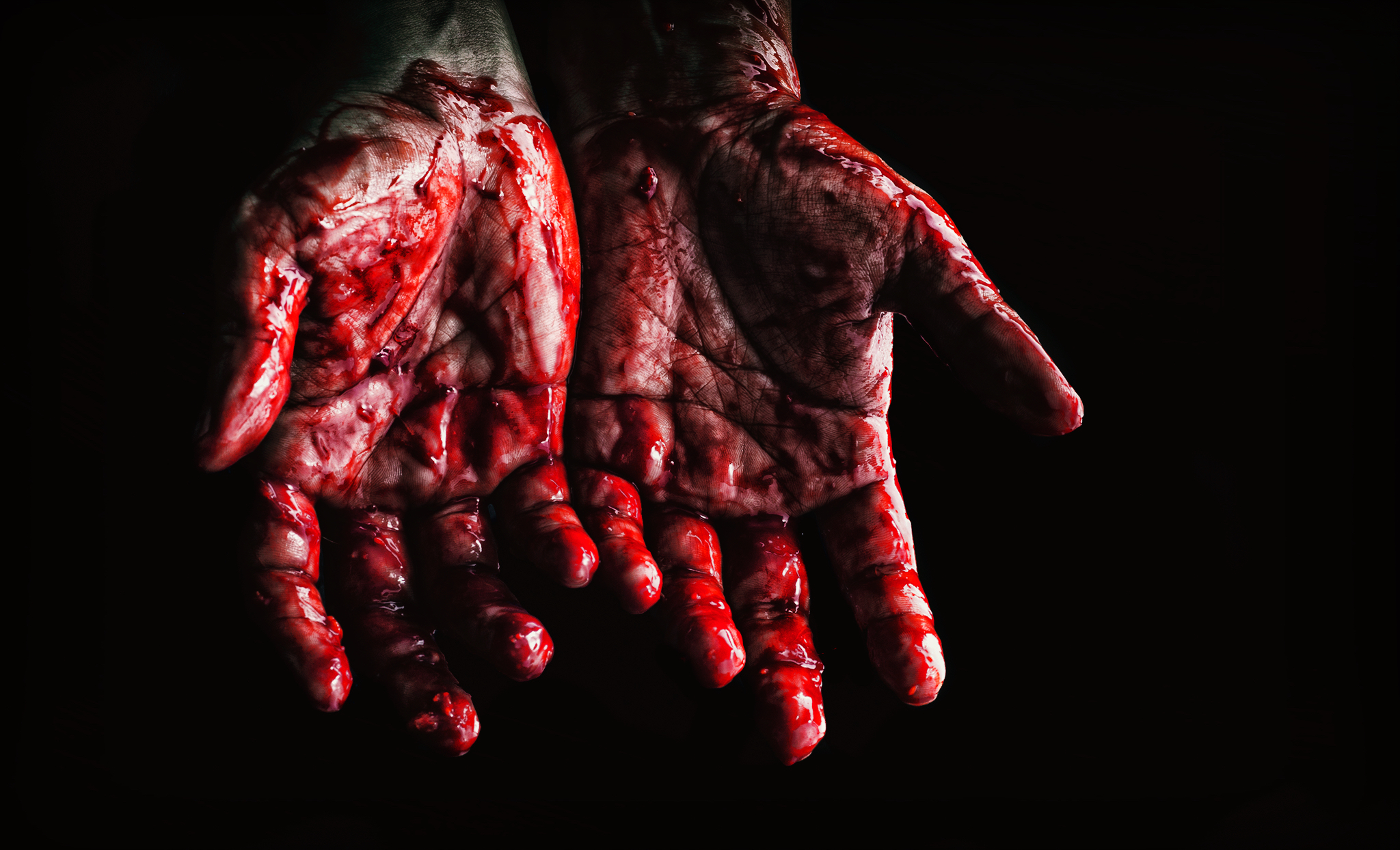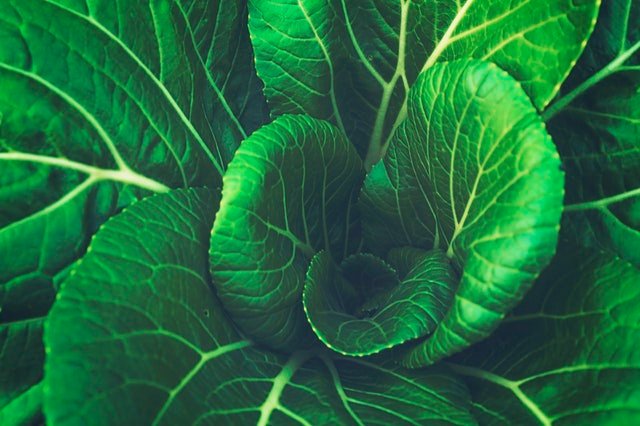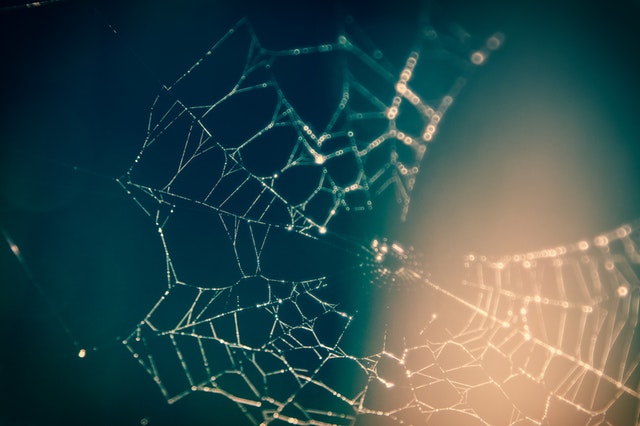How Not to Bleed to Death
As I'm currently in the midst of final exams, I decided that a fantastic way to study is to write about it on Steemit.
So right now, I'm learning about this little guy called K, or should I call him Vitamin K?
K is a superhero in his own right because without him, we would all literally bleed to death from something as simple as a paper cut or a sorry attempt at chopping vegetables that went horribly wrong.

What in the world is Vitamin K?
There are actually three forms of Vitamin K:
K1, also known as phylloquinone, is the main dietary source and what we commonly refer to when we say Vitamin K. It's also the main form found in Vitamin K supplements. The richest source of K1 is none other than leafy greens! So don't forget to eat your greens ladies and gents. It might just save you from bleeding to death.

K2, also known as menaquinone, is produced by your gut microbiota. However, it cannot be relied on as your primary source of Vitamin K as it is poorly absorbed by your colon.
K3, also known as menadione, is the synthetic form of Vitamin K. It was once the most common form used in supplements until we realized it was toxic. Let this be a lesson to stick to the more natural form of a substance when it is available! You never know what the adverse effects might be.
Okay, but how does Vitamin K prevent me from bleeding to death?
Great question! But first, some context about what happens when we bleed.
Our bodies have something called coagulation factors (coagulation = changing from a liquid to a gel), which result in the formation of fibrin polymers that help to form a plug and help your blood to clot.
You can imagine fibrin polymers to be like a spider web forming around the area of your cut to prevent blood from pooling out of you.

This is where Vitamin K comes to the rescue. These coagulation factors depend on a carboxylation reaction (a reaction that adds carbon dioxide).
Without Vitamin K, this Vitamin K-dependent carboxylation reaction cannot proceed and our coagulation factors would never get to initiate a response to start the formation of fibrin polymers.
No Vitamin K = no spider web formation = your wound never gets closed = bleeding to death :(
So there you have it! The breakdown on Vitamin K and why you might want to reconsider the next thing you choose to skip your greens. You don't want to bleed to death after all.
Congratulations @jennjenn! You received a personal award!
Click here to view your Board of Honor
Do not miss the last post from @steemitboard:
Congratulations @jennjenn! You received a personal award!
You can view your badges on your Steem Board and compare to others on the Steem Ranking
Vote for @Steemitboard as a witness to get one more award and increased upvotes!